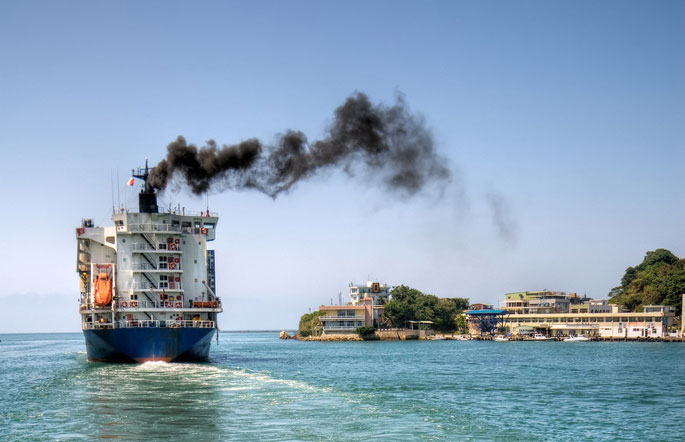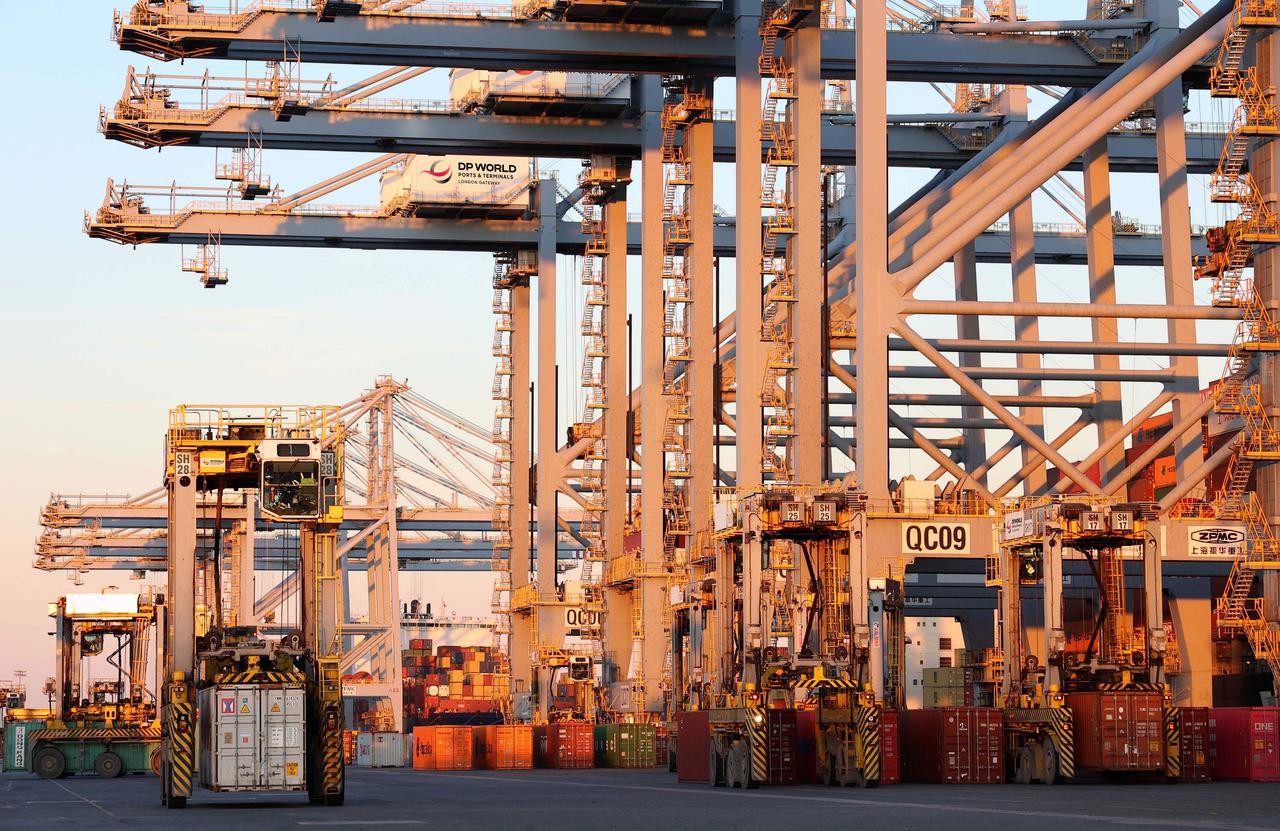Photo: United Nations
A draft climate agreement resulting from 11 days of negotiations at the COP21 climate talks in Paris and published Wednesday afternoon makes no explicit reference to shipping, but a final climate deal has not yet been reached.
The 2015 Paris Climate Conference, or COP21, involves delegates from 195 countries seeking to reach a legally binding and universal deal to curb greenhouse emissions in hopes of keeping global warming below 2°C.
A earlier draft released December 5 made only a small reference to shipping and aviation, but the paragraph was marked as optional.
The absence of shipping from the latest draft deal is good news for the UN’s International Maritime Organization and shipping groups such as the International Chamber of Shipping (ICS), who have supported the need for a global climate change deal but argue that the IMO is the best and only place for regulations and discussion on shipping’s contribution to global CO2 emissions.
“Mandatory regulations already adopted by IMO will ensure that all ships built after 2025 will be at least 30% more efficient than ships operating today. Combined with further technical and operational measures plus new technology, international shipping should be able to reduce its CO2 per tonne-kilometer by 50% before 2050,” commented ICS Secretary General, Peter Hinchliffe, prior to the start of COP21. The ICS is representing international maritime shipping at COP21.
In its announcement prior to start of negotiations, the ICS referenced IMO data that shows that shipping has already reduced total CO2 emissions by more than 10% since 2007. The share of the world economy’s CO2 emissions from international shipping was just 2.2% in 2012 compared to 2.8% in 2007, while CO2 per tonne of cargo transported one kilometer by sea has fallen around 20% in the past ten years as a result of aggressive fuel efficiency measures.
The idea that emission regulations for shipping should be left to the IMO has angered environmental NGOs like Seas and Risk and Transport & Environment (T&E), who say that dropping international shipping (and aviation) from the any deal will undermine the prospects of keeping global warming below 2°C, due to their overall contributions to global greenhouse gas emissions.
Andrew Murphy, policy officer at T&E, said: “The dropping of international aviation and shipping emissions from the draft Paris climate agreement makes keeping a temperature increase under 2 degrees close to impossible. Those parties calling for an ambitious agreement must insist that language on international transport be reinserted.”
A release from European Parliament on Tuesday echoed those by the environmental groups, saying “the Paris climate change agreement should not leave out aviation and shipping, two sectors whose emissions are rocketing and, if left unregulated, could account for up to 40% of all global emissions by 2050.”
The negotiations are scheduled to last through December 11th.

 Join The Club
Join The Club











